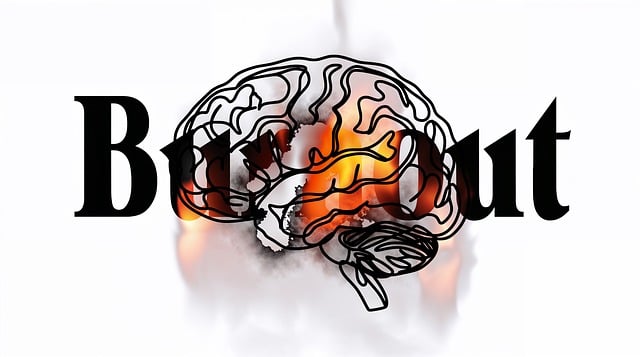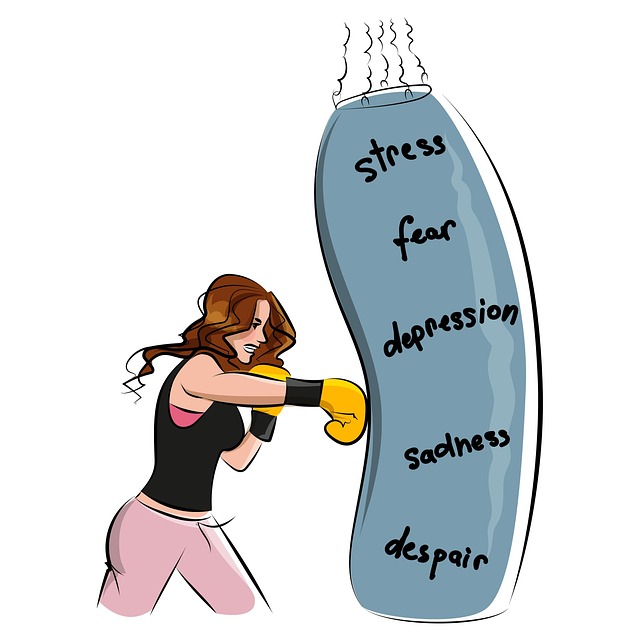Mental health policies, including regulations on service delivery, insurance coverage, and funding for therapies like Superior Independent Medical Evaluations (SIMEs), are crucial for society's well-being. SIMEs provide unbiased, objective assessments by qualified professionals not involved in direct patient care, aiding in accurate diagnosis and tailored therapy, especially in complex cases. Effective mental health policy analysis requires a holistic approach combining SIMEs, public awareness campaigns to reduce stigma, crisis intervention guidance, and self-care initiatives. Advocating for better policies involves promoting SIMEs to enhance therapy accessibility, ensure personalized treatment planning, and establish rigorous quality standards, ultimately improving public mental health outcomes.
Mental health policy analysis and advocacy are crucial components in fostering a supportive societal landscape. This article explores essential aspects of mental health governance, with a focus on independent medical evaluations (IMEs) as key tools for accurate diagnosis and effective treatment planning. We delve into strategies for comprehensive policy analysis, emphasizing the importance of advocating for superior therapy access and quality standards. By understanding IMEs’ role, we can navigate mental health care systems to improve patient outcomes.
- Understanding Mental Health Policy: A Foundation for Advocacy
- The Role of Independent Medical Evaluations in Mental Health Care
- Strategies for Effective Mental Health Policy Analysis
- Advocating for Superior Therapy Access and Quality Standards
Understanding Mental Health Policy: A Foundation for Advocacy

Mental health policies are a cornerstone of any society’s well-being, shaping access to care and influencing public perception. Understanding these policies is paramount for advocates aiming to drive change. At its core, mental health policy involves regulations that dictate service delivery, insurance coverage, and funding allocation for various therapy types, including Superior Independent Medical Evaluations (SIMEs). These evaluations play a crucial role in ensuring accurate diagnoses and appropriate treatment plans.
Advocacy efforts must consider the complex interplay between policy, practice, and public sentiment. Promoting positive thinking and encouraging self-care practices can complement policy changes. For instance, developing a robust self-care routine can empower individuals to manage their mental health proactively. By combining policy advocacy with initiatives like Self-Care Routine Development for Better Mental Health, society can foster resilience and reduce the burden on mental health services while ensuring equitable access to therapy and support.
The Role of Independent Medical Evaluations in Mental Health Care

In mental health care, Superior Independent Medical Evaluations (SIMEs) play a pivotal role in ensuring comprehensive and unbiased assessments. These evaluations, conducted by qualified professionals uninvolved in direct patient treatment, offer an objective perspective on individuals’ mental health conditions. SIMEs are particularly valuable in complex cases where co-morbidities or cultural influences might obscure the primary diagnosis. By incorporating cultural sensitivity in mental healthcare practice, these evaluations help identify unique challenges and tailor therapy accordingly, enhancing the overall effectiveness of care.
Beyond diagnosis, SIMEs contribute to evidence-based treatment plans by evaluating the progress and outcomes of various stress reduction methods employed in mental illness stigma reduction efforts. This data-driven approach ensures that interventions are not only aligned with best practices but also sensitive to individual needs. By bridging the gap between clinical practice and research, SIMEs empower advocates to lobby for policies that prioritize accessible, quality mental healthcare services, fostering a more inclusive and supportive societal environment.
Strategies for Effective Mental Health Policy Analysis

Effective mental health policy analysis requires a multifaceted approach. One key strategy is to leverage Superior Independent Medical Evaluations (SIMEs). These evaluations provide unbiased assessments, crucial for understanding the scope and nature of mental health issues within communities. By integrating SIMEs into policy formulation processes, policymakers gain access to valuable insights that can inform evidence-based decisions. This ensures that resources are allocated efficiently to address pressing mental health concerns.
Additionally, public awareness campaigns play a pivotal role in Mental Illness Stigma Reduction Efforts. Through targeted initiatives, these campaigns foster understanding and empathy within societies. By educating the public about various mental health conditions, their causes, and available therapies, they contribute to creating supportive environments. Such efforts are complemented by Crisis Intervention Guidance, which equips individuals with the skills needed to recognize and respond to mental health crises effectively. This holistic approach ultimately strengthens the framework for comprehensive mental health policy analysis and advocacy.
Advocating for Superior Therapy Access and Quality Standards

Advocating for improved mental health policies requires a focused push towards enhancing therapy access and setting robust quality standards. One key area to highlight is the need for Superior Independent Medical Evaluations (SIMEs), ensuring unbiased assessments that accurately diagnose and plan treatment. This aspect is vital in promoting effective interventions tailored to individual needs, encompassing various therapeutic approaches from traditional talk therapies to innovative practices like art or music therapy, targeting specific concerns such as self-esteem improvement and the emotional well-being promotion techniques.
By championing SIMEs, we can foster a system that prioritizes personalized care. This approach not only guides patients towards appropriate crisis intervention strategies but also ensures therapists maintain high standards, enabling them to offer evidence-based practices known for their success rates in managing mental health conditions. Such advocacy is crucial in reducing barriers to care and ultimately improving public mental health outcomes.
Mental health policy analysis and advocacy are vital components in ensuring accessible, quality care. By understanding mental health policy and utilizing effective analysis strategies, advocates can push for policies that prioritize superior therapy access and independent medical evaluations. This ensures individuals receive the best possible care, fostering a healthier and more supportive society.














